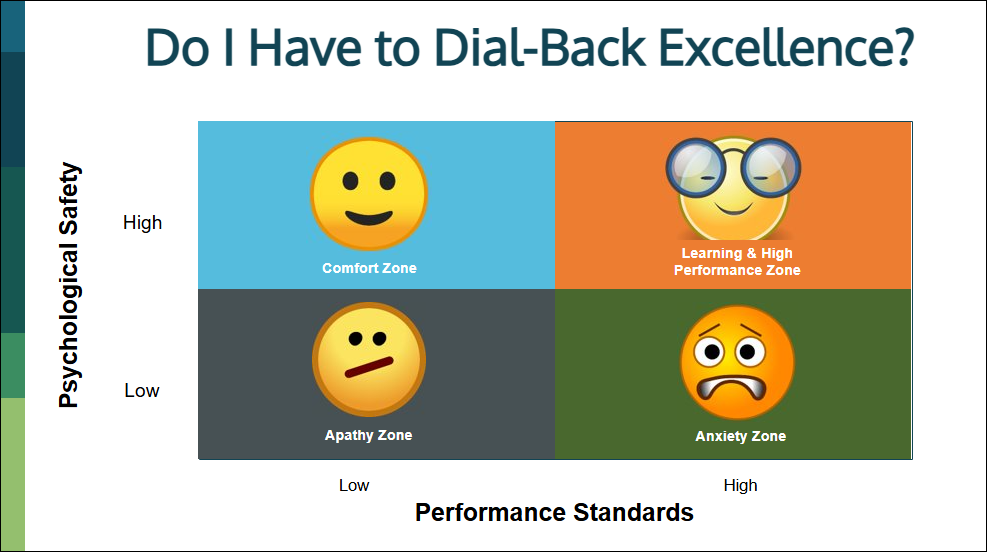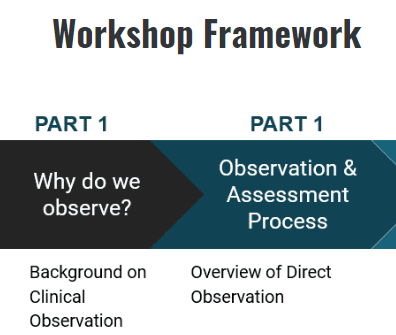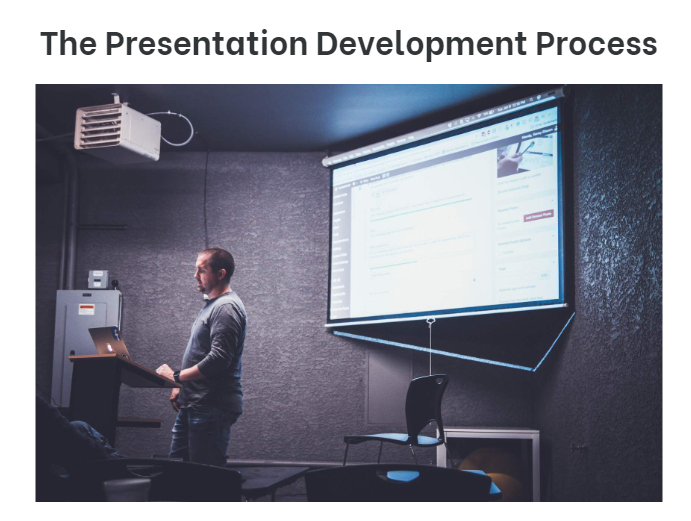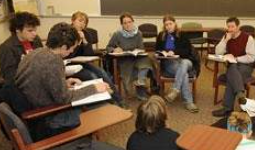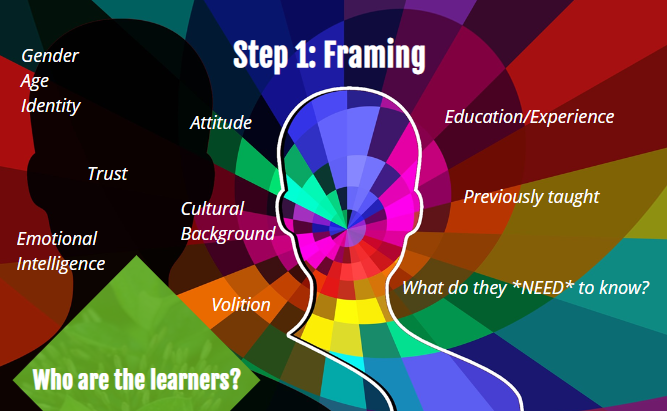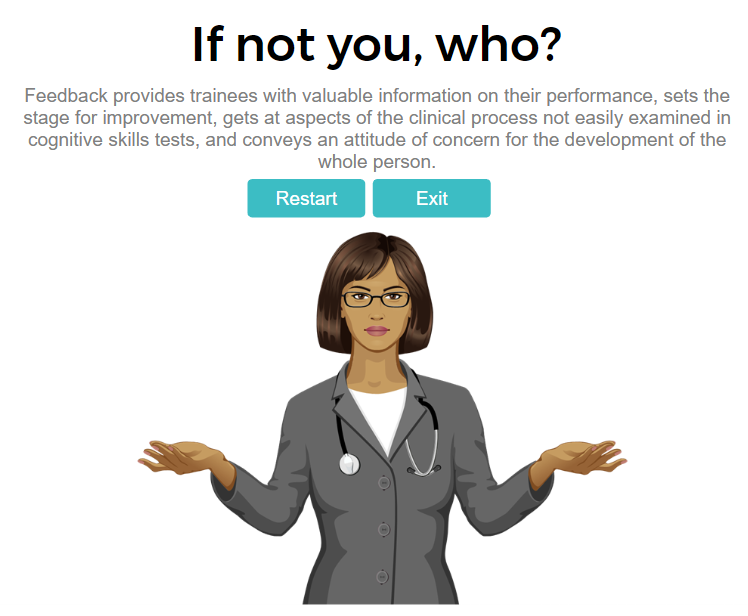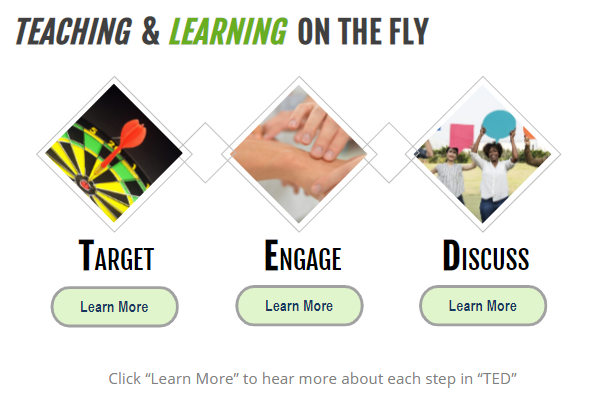Shaping Learning on Your Service or Shift: Teaching strategies to enhance learning across the entire service/shift and in between Feedback that Sticks: Techniques for giving feedback and helping those receiving it Being a Good Reflector & Encouraging Reflection in Others: Strategies for motivating, developing and assessing reflection Promoting Learning in Small Groups: Techniques for effectively facilitating and maximizing learning in small groups Creating an Environment of Psychological Safety: Strategies for fostering a climate in which people are comfortable expressing themselves and sharing concerns Best Practices for Scientific Presentations: Best practices for presenting scientific work (e.g. conferences, journal club, grand rounds), including practice presenting and peer/expert feedback | Teaching on the Fly: Teaching strategies that promote powerful case-based learning experiences when time is limited Designing Effective Didactics: Instructional design strategies to maximize learning and retention of lectures and small group sessions Effective Mentoring: Strategies for cultivating an effective mentor-mentee relationship Remediation of Struggling Learners: Strategies for identifying learning issues and remediating learners having difficulty Maximizing Case-Based Learning: Strategies for effectively using cases to foster learning Deliberate Direct Observation & Assessment: Minimizing barriers and maximizing assessment reliability Digital Communication Best Practices: How to get the most out of your digital communications (email, text, slack, MS Teams, etc), and how to develop team/department norms and expectations around communication |

 Facebook
Facebook X
X LinkedIn
LinkedIn Forward
Forward
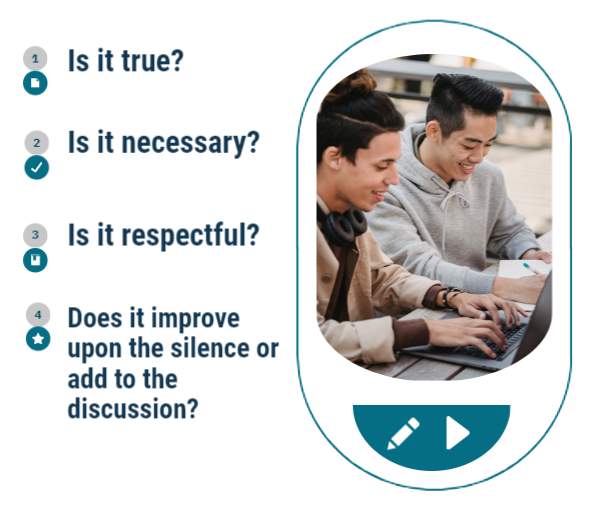 Social media use by healthcare providers offers many potential benefits including the ability to advocate for topics they care about, advertise their practice, and educate the public.
Social media use by healthcare providers offers many potential benefits including the ability to advocate for topics they care about, advertise their practice, and educate the public.